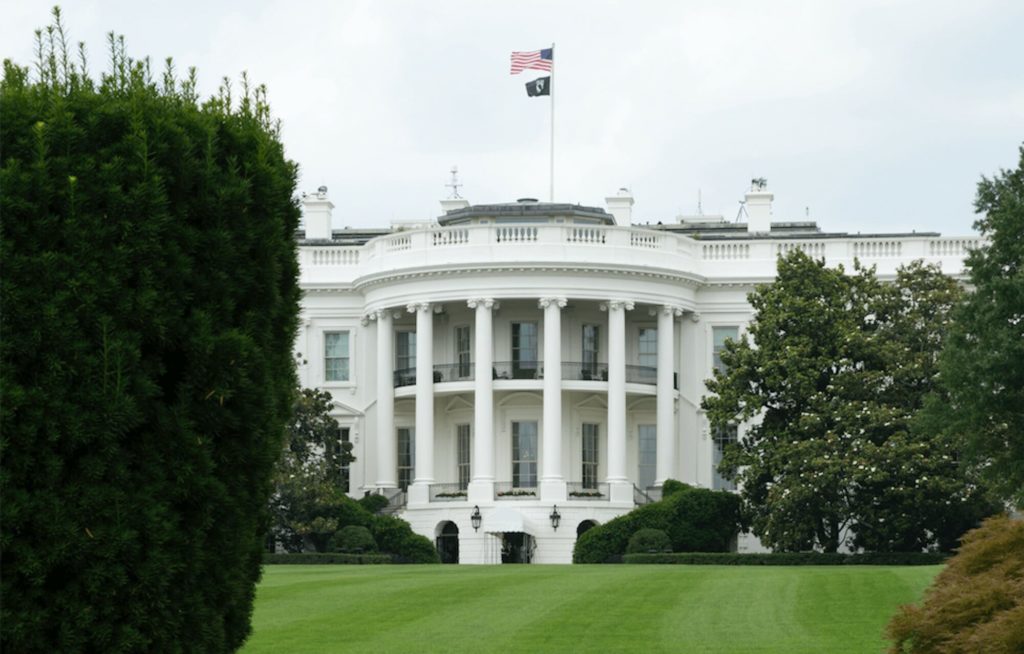
Home health agencies must leverage Medicare Advantage (MA) plans, not avoid them. That word came Tuesday from a home health consultant during a webinar for National Association for Home Care & Hospice members.
“We are at a pivotal moment,” Lindsay Doak, senior manager for BerryDunn, an accounting assurance and consulting firm, explained during a NAHC webinar highlighting the booming MA landscape. “It is a growing presence state by state, county by county. We are going to see 40 million enrollees or more over the next decade or so in Medicare Advantage plans.”
The statistics Doak presented during the webinar bear that out. In 2007, MA enrollment comprised less than 20% of total Medicare-eligible beneficiaries. However, by last year the plans accounted for 48% of beneficiaries, according to information attributed to the Kaiser Family Foundation.
The number of MA plans has also increased nationally over the past decade. Half of Medicare beneficiaries nationwide will have access to more than 40 MA plans this year, with some having access to 75 or more plans, Doak noted. And UnitedHealthcare and Humana have the largest numbers of MA plan enrollees, with 28% and 18% of the market respectively, she pointed out.
MA is interested in home health, given recent acquisitions and partnerships between the two, she noted. Home health can position itself to work with MA plans because of its value proposition: it is considered the lowest-cost setting for healthcare, it can manage a mobile workforce and it can lower hospitalization scores.
“We’ve got to get a seat at that table,” Doak said.
UnitedHealthcare VP of Strategy Wanda Coley encouraged home health agencies during the webinar to strategize with MA plans on specific ways they can bring value to payers. She said some agencies might have a strong track record mitigating falls, helping patients get to healthcare screenings or take medications.
“Medication adherence is hard across the spectrum of healthcare and it causes [hospital] readmissions,” Coley explained. “Medication adherence is important from the health plan perspective or the home health view.”
Coley also advised home health agencies to produce data that illustrates how they can best service MA plans under value-based care models. That data might include how a home health firm lowered patient costs through quick admissions from acute care facilities.
“Are there specific programs that you offer for specific populations? That is information you should be ready to share,” Coley added.
The number of enrollees in MA plans is expected to eclipse those in traditional fee-for-service Medicare plans within the next couple of years as more baby boomers age into the program. However, a recent study found much of MA growth in recent years has been from current Medicare-eligible seniors switching from FFS plans to MA plans.



